The story of a famous dragon from the folklore of north east England is filled with knights, curses, and, of course, the need to kill your favorite childhood dog. The story of the Lambton Worm is a quest for redemption where many people die because of a young man who just wants to yell cuss words at children and throw his trash in a well.
The creature of the week is the butter cat. That should be enough to want to listen to the creature of the week.
Music:
"Another Version of You" by Chris Zabriskie
"Ride with the Moon" by TRG Banks
"Touch the Darkness" by Kai Engel
Want to get more episodes and help support the podcast? Check out the membership option.
Myths and Legends Member Feed: (Protected Content)

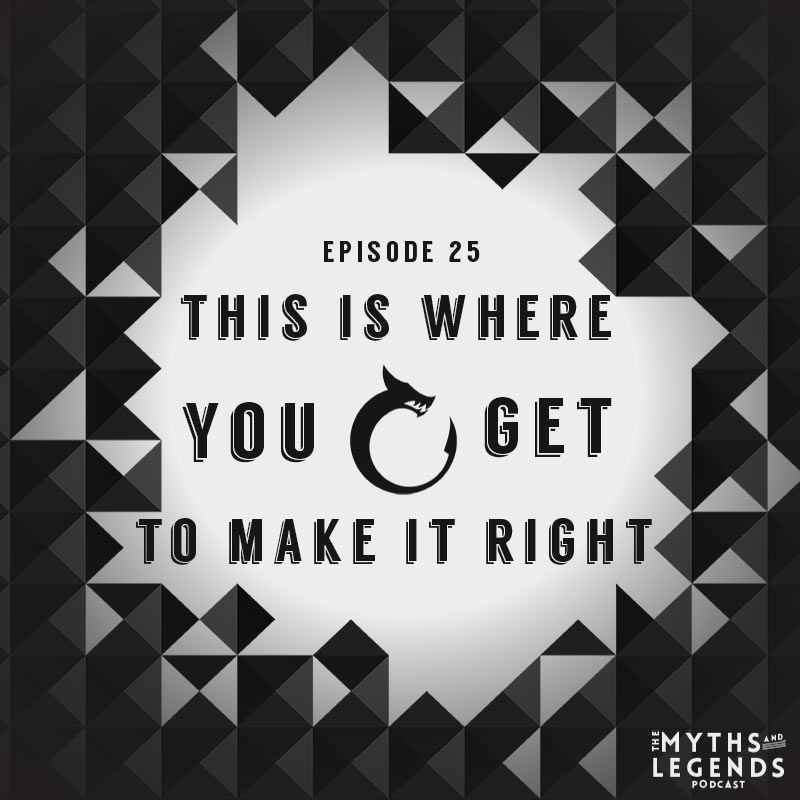
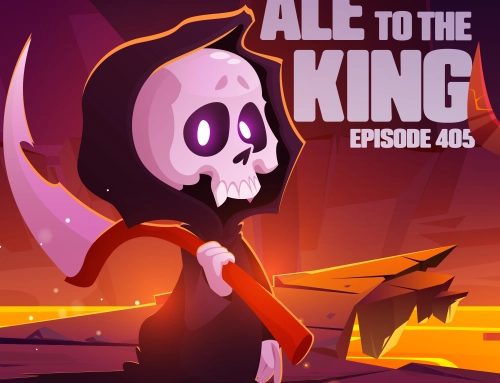
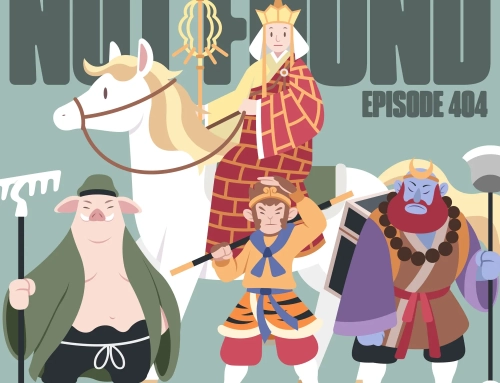
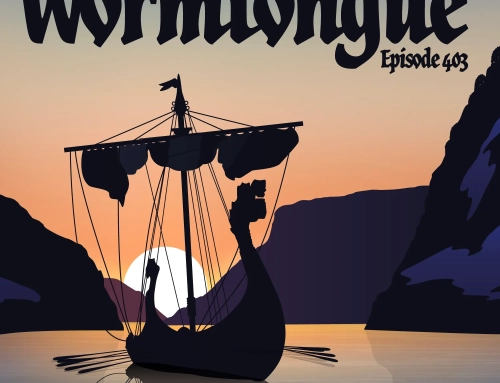
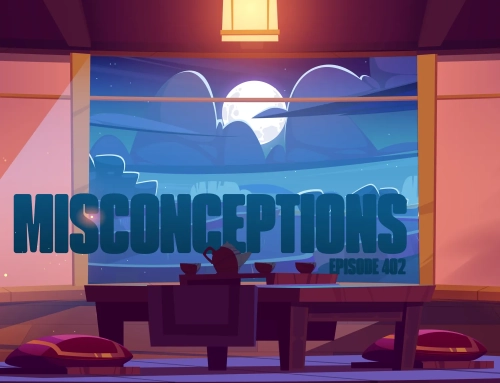
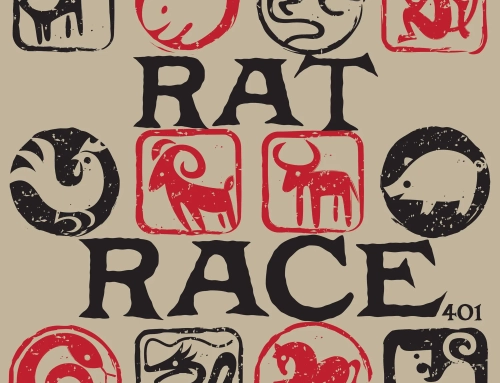
Relatively new to your podcast but its quickly became my favourite. I was so surprised to hear you tell the tale of the Lambton Worm. I live near the hill and the Lamton estate where the story is based and to hear the tale put across aswell as you did was amazing. Thank you.
#BlameItOnTheButterCat
Unsurprisingly, part of this English story is similar to a Biblical one, specifically Jepthah in Judges. Jepthah is asked to lead the Israelites in battle against the Ammonites, and he vows that if God gives him victory, the first thing that comes out of his home toward him he will offer up as a burnt offering. It so happens that it’s his daughter, who is his only child, that greets him on his triumphant return home. It’s not completely clear if she is ‘consecrated to God’ – lives in seclusion in the mountains, never marries and devotes her life to the service of God – or if she goes into seclusion for 2 months to mourn her virginity before accepting that she will be sacrificed because her father made a promise to God. There, are of course, many interpretations and commentaries on this, but the unintended familial sacrifice tidbit between the knight and his father in this episode reminded me of this, as well as the fact that so many stories across the world can be similar to (or inspired by) each other and make us go “hey, waitaminute…”
That said, I’m slowly catching up to the current updates, and I’ve been really enjoying this podcast! It makes for an informative and fun traffic companion.
Wow, that’s a cool connection. I would imagine there’s more than just it being similar, due to the strong Christian(ish) themes of the Lambton Worm story. That’s really interesting.
I love your podcast! I’ve been binge-listening my painting studio. Your storytelling is engrossing and funny. More editorials, please! I can’t decide which is my favourite so far, but this one reminds me of the large, illustrated book of ghosts and monsters that I would pour over as a kid, and this “worm” was included. The kid me couldn’t figure out why it was called a worm, but there was a sufficiently bloody illustration of the final battle.
There’s one “but”, in which I won’t actually use a “but”… What word are you using for the first part of the creature of the week? Para? Pura? Burre? I live in Finland, and I can’t quite place (or Google) what creature you’re talking about. Also, searching for the second creature, smörkatt, I discovered it’s a Saami tradition, not specifically Finnish. The Saami live across the northern parts of Norway, Sweden, and Finland, and the word smörkatt, or smørkatt in Norwegian, seems to be tied more to the Norwegian side of their territory. Though I have spotted a few very buttery looking cats around my neighbourhood.
By the way, have you read any Finnish national epics, recently? ;)
I’ve had so many requests for the Finnish national epics, but I’m sadly unfamiliar with them. I’m planning on it, but it will be a little while :).
The creature is spelled para. With regard to the butter cat, I’ll mention that in the year-end episode. Thanks so much for letting me know. This may be weird, but I actually love to be corrected, because it helps me learn something new that I can pass that on to everyone else.
Sidebar, I know because you live in Finland you can’t really speak for Finnish people or perceptions in folklore, but time after time, especially in the Viking myths, Finland seems to be portrayed as this other-worldly place where strange magic happens. I don’t know why, but Iceland, Norway, Denmark, and Sweden get treated normally, but Finland seems to be depicted altogether differently. Would you happen to have any idea why?
Thank you for your reply! Oh goody, do I have permission to be pedantic in a unscholarly way? :)
Finland has a long history of being the odd mouse between two cats: Sweden and Russia. While the Scandinavian countries all share a common Germanic language (and ethnic history), Finland has a very isolated language that has shared roots only with Estonian, Hungarian and some tribes in Russia. Up to the 20th century, Finnish society was agrarian and spread out amongst farms and forests. No marauding Viking-type activities. The Finns are stoic and quiet; they like their personal space, preferably being alone in the woods, by a lake. Add into that Sweden ruling Finland for centuries, almost wiping out the Finnish language, and then Finland being handed over to Russia for a century until independence in 1917. Also, Sweden and Russia have used Finland as a staging ground for their wars for centuries.
The national epic, the Kalevala, has a lot of magic in it. There are battles fought by shamans wielding magic by singing poetry, brash heroes, witches, gods and otherworldly creatures. Maybe the Vikings got a bit spooked by the chanted stories and beliefs of the ancient Finns.
So, we’re kind of considered the weirdos of this geographical area. We try to prove otherwise with inept marketing campaigns (how long did it take the world to know that Nokia was a Finnish company, not Japanese?), really dead-pan self-deprecating humour (was that a joke, or do Finns really talk/act like that?), and over-hyped, insecure attempts to beat Sweden in hockey (it doesn’t matter what medal we might win or lose, as long as we beat Sweden).
If/when you get to the Kalevala, I can help with pronunciation! Although there are two vowels that are difficult to differentiate (y and ö), Finnish is easy to read because the words are spelled as they sound, no funny rules or silent letters. (The grammar, on the other hand…)